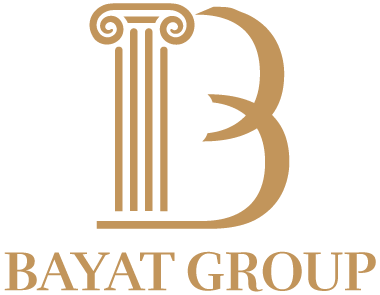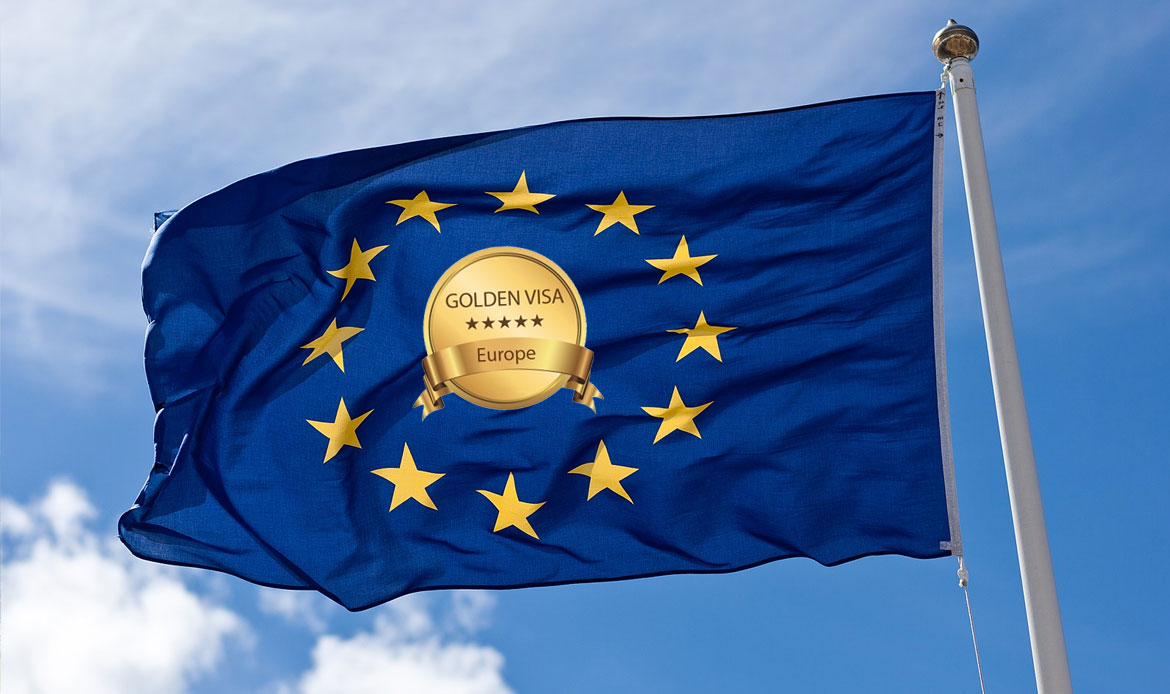Europe’s Best Golden Visa Programs: Malta, Portugal, Greece, And Cyprus Explained
Residency by Investment (RBI), often referred to as a “Golden Visa,” programs have become one of the most reliable pathways for international investors seeking security, mobility, and long-term stability across jurisdictions. The European Union (EU) remains a leading destination. While each EU member-state has laws allowing foreigners to obtain residence rights through various routes, only a few have developed formalized, structured programs aimed specifically at investors. Among them, Portugal, Greece, Malta, and Cyprus stand out for their clear frameworks, transparent requirements, and long track records. While each program follows its own model, together they represent the breadth of the EU’s investment-based residency landscape.
Investment Structure and Financial Requirements
Portugal has revamped its Golden Visa program by eliminating direct real estate purchases and shifting toward investment routes that promote economic growth. Qualifying options now include regulated investment funds, scientific research, cultural projects, and business initiatives that create employment. Minimum investment levels range from €250,000 to €500,000, depending on the chosen category. The program remains active and continues to attract strong demand; however, Portugal has approved reforms extending the required residency period for citizenship, increasing the previous five-year standard to seven or even ten years. Despite these changes—and ongoing application backlogs—the Golden Visa remains one of Europe’s most flexible RBI options, with low physical-presence requirements and a broad set of qualifying investment options.
Greece maintains a primarily real-estate-driven model. Following recent reforms, the minimum property investment requirement has increased to €800,000 in high-demand areas, including Attica (Greater Athens), Thessaloniki, Mykonos, Santorini, and islands with a population exceeding 3,100 residents. In other regions, the threshold drops to €400,000, and investors must purchase a single property of at least 120 m². A €250,000 option remains available for specific cases, such as converting industrial buildings into residential units or restoring listed properties. Greece also offers alternative routes—including investments in startups, shares, capital transfers, or regulated funds—while remaining one of the most accessible entry points to EU residency.
Malta offers two distinct RBI options. The Malta Permanent Residence Programme (MPRP) is asset-based and requires a combination of obligations: leasing a property (at least €14,000 per year) or purchasing one (starting from €375,000), making a government contribution (€30,000 or €60,000, depending on the setup), paying an administrative fee of €50,000, and donating to a local NGO. Compared with other EU programs, the financial threshold is higher, but MPRP grants long-term residency from the outset. Malta also operates the Start-Up Residence Programme, aimed at founders and key employees of innovative enterprises. The capital requirement for this route is generally lower, starting at €25,000, plus €10,000 per additional family member, and it requires a more active, hands-on role from the applicant.
Cyprus has a straightforward structure based primarily on the purchase of new residential or commercial real estate. The minimum investment requirement is €300,000, and the property must be maintained for at least five years. Cyprus also allows investments into local companies or approved investment funds, giving applicants flexibility depending on their financial goals and risk appetite. Unlike some jurisdictions, Cyprus only accepts new property for the residency program, which supports local development and ensures oversight of project quality.
Residency Rights, Family Inclusion, and Long-Term Pathways
Each of the four countries has its own rules governing residency duration, renewal procedures, and family eligibility.
Malta’s permanent residency system provides long-term status from the outset. Although the residency card must be renewed periodically, the underlying right remains stable as long as applicants continue to meet the program’s requirements. Malta also offers broad family inclusion, allowing spouses, children, parents, and, in some cases, grandparents to be added under the main application. Citizenship may be pursued after seven years of residence, provided the applicant satisfies the physical-presence criteria, language requirements, and integration standards.
Portugal issues an initial Golden Visa residence permit valid for two years, which can then be renewed for subsequent three-year periods. Investors are required to maintain their qualifying investment for at least five years. Once this stage is reached, they may apply for permanent residency or citizenship, provided all legal criteria are met. Under recent reforms, most Golden Visa holders will now need ten years to apply for citizenship, while applicants from Portuguese-speaking countries (CPLP – Comunidade dos Países de Língua Portuguesa) will qualify after seven years. The counting begins from the date the first residence permit is issued. The program also allows family inclusion, covering spouses, dependent children (including full-time students), and dependent parents. Physical presence requirements remain minimal, with Golden Visa holders needing to spend only seven days in the first year and fourteen days in every subsequent two-year period in Portugal.
Greece issues a five-year residence permit for Golden Visa holders, which can be renewed indefinitely, provided the original investment is maintained. The program supports family inclusion: spouses, unmarried children under 21, and in many cases the parents of both the main applicant and the spouse may be included. Children who turn 21 can apply for a three-year independent residence permit until age 24. Citizenship eligibility arises after seven years of legal residence, though applicants must demonstrate a genuine link to Greece, including basic language ability and knowledge of civic life. The absence of rigid physical-presence requirements adds to the program’s appeal.
Cyprus issues an initial one-year residence permit to complete registration and provide biometric data. Afterward, a permanent residence permit is granted, valid for five years and renewable as long as the qualifying investment is maintained. Minimal physical-presence obligations are required—typically a visit to Cyprus at least once every two years. Investors holding permanent residency may apply for Cypriot citizenship after five years of continuous legal residence, subject to standard national requirements. Family inclusion covers spouses, minor children up to 18, and financially dependent children under 25.
Mobility, Lifestyle, and Strategic Advantages
All four programs provide the right to live in the issuing country, access local education and healthcare, and enjoy the broader benefits of EU residency. Practical advantages vary depending on national policies and geographic context.
Portugal is widely regarded as one of Europe’s most desirable destinations for lifestyle, safety, and culture. The country offers mild weather, a relatively affordable cost of living compared to Western Europe, and strong international connectivity. Portuguese residency also grants freedom of movement within the Schengen Zone, a major draw for globally mobile investors.
Greece combines residency with potential returns from real estate appreciation and tourism-driven rental income. Its favorable climate, natural beauty, and improving economic outlook appeal to both lifestyle- and investment-focused applicants. Greek residency provides full Schengen travel rights, offering a strong balance of mobility and cost.
Malta boasts a high standard of living, an English-speaking environment, and a stable regulatory system. Its well-developed education and healthcare sectors make it particularly attractive for families. As a Schengen member state, Maltese residency allows holders to travel freely within the Schengen Area for short stays of up to 90 days in any 180-day period.
Cyprus is known for its business-friendly environment, low-tax regime, and Mediterranean lifestyle. Its strategic location between Europe, the Middle East, and Africa makes it an ideal base for international business owners. While not part of the Schengen Zone, Cyprus provides a stable residency framework and a clear pathway to long-term settlement within the EU.
Regulatory Considerations and Program Stability
RBI programs operate under strict regulatory frameworks, and European governments regularly adjust policies to align with security, compliance, and economic priorities. Portugal’s reforms demonstrate how programs evolve to prevent economic distortions and steer investments toward productive uses. Greece has raised real-estate thresholds in high-demand zones, while maintaining accessible limits elsewhere. Malta continues to strengthen due diligence standards, reflecting its commitment to program integrity and EU alignment. Cyprus enforces clear rules on investment retention and requires periodic monitoring to ensure compliance.
Investors must remain aware of shifting policies, changing investment thresholds, and evolving EU priorities. While these programs are well-established, relying on long-term assumptions about stability carries risks. Applicants benefit from applying while the current legal frameworks remain in effect.
In addition to these four structured programs, other European states also offer investor residency pathways. Hungary, for example, has reintroduced an investment residency route known as the Guest Investor Program, which relies on real estate funds or national projects rather than direct property acquisition. Italy offers Golden visas in exchange for investments in start-ups or government bonds. Latvia maintains a residency route linked to real estate and business investment, although the program is less active in global markets and remains sensitive to local policy shifts. Meanwhile, Bulgaria operates an RBI program granting permanent residency, with no mandatory physical presence requirement. After five years of holding residency, investors may also seek citizenship through naturalization under national law.
Conclusion
The RBI programs of Portugal, Greece, Malta, and Cyprus have shaped the modern European Golden Visa landscape. Each program reflects domestic priorities, whether focused on economic development, innovation, real estate, or long-term population strategy. Their differences offer prospective applicants a wide range of choices—from Malta’s comprehensive permanent residency model to Portugal’s diversified economic contribution routes, Greece’s accessible property-led system, and Cyprus’s straightforward real estate investment pathway.
Disclaimer: This article is provided for informational and promotional purposes only. It does not constitute legal, tax, or investment advice. The content herein is intended to provide a general overview of Residency by Investment (RBI) programs and should not be relied upon as a substitute for professional consultation. Individuals seeking personalized guidance on eligibility, application procedures, or legal obligations should contact Bayat Group directly to arrange a formal consultation with qualified professionals.

